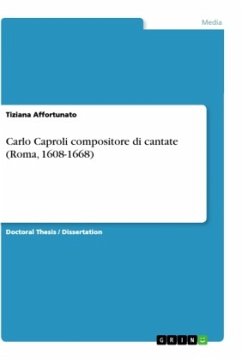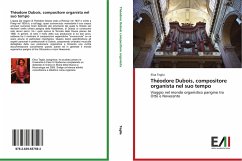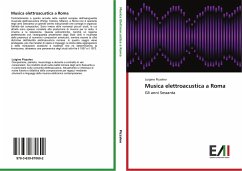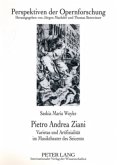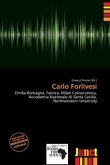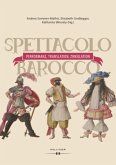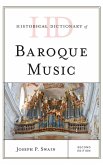Doctoral Thesis / Dissertation from the year 2012 in the subject Musicology - Historical musicology, University of Rome "Tor Vergata", language: Italian, abstract: The book is focused on the life and the works of Carlo Caproli (1614-1668), Roman violinist, organist and composer of chamber cantatas. The scanty bibliography on this great musician gave us the motivation to start in order to fill properly the gap, considering the over one hundred vocal compositions attributed to him, and scattered in miscellaneous manuscripts of vocal chamber music. The essay is divided into three parts: the first one contextualizes the middle decades of the Seventeenth century Italian chamber cantata, focusing on its historical definitions, on the formal evolution of the genre, and considering how the first literary historiography and bibliographic studies of the last century accepted, interpreted and 'filtered' it. The second part - divided into two chapters - reconstructs the biography of the musician trying to signify his figure, beyond the merely monographic perspective, as a specimen of widespread social condition at the time: that of the musical profession, poised between art and need for economic protection. The third part of the thesis deals with the Carlo Caproli¿s Cantatas. The three chapters in which it is divided depart from a source material survey: our analysis - aware of the importance that recent studies have attributed to the written support of the chamber cantatas - provides a sampling of codetypes (and their particularity) that preserve, together with Caproli¿s vocal chamber production, even that of his contemporaries, such as Luigi Rossi, Giacomo Carissimi, Mario Savioni. The second chapter is an analysis of stylistic type: starting from an investigation on the reasons that have led to delay the studies on the cantata as a musical genre on its own, we focus individual examples from Caproli¿s vocal repertoire, investigating on the text and music relationship and the specificity of its musical structure, identifying some broad categories (in particular, the Serenade, in Caproli¿sspecific irreverent and anti-celebratory meaning). The third and final chapter presents some observations on the bare production of sacred music, significant today in a few Lamentations and a survived Oratory. The thematic catalogue placed at the conclusion of our dissertation is the most updated for the chamber cantatas of the musician, and would be a useful research tool for music scholars.
Hinweis: Dieser Artikel kann nur an eine deutsche Lieferadresse ausgeliefert werden.
Hinweis: Dieser Artikel kann nur an eine deutsche Lieferadresse ausgeliefert werden.

